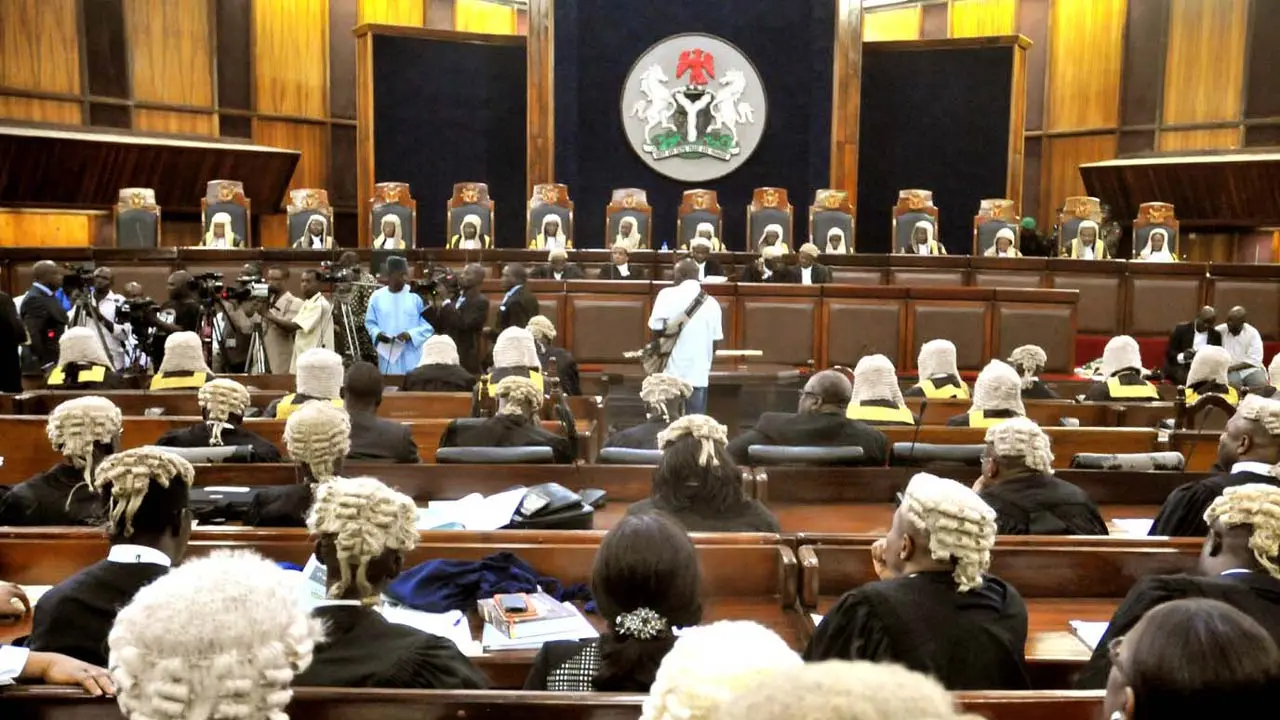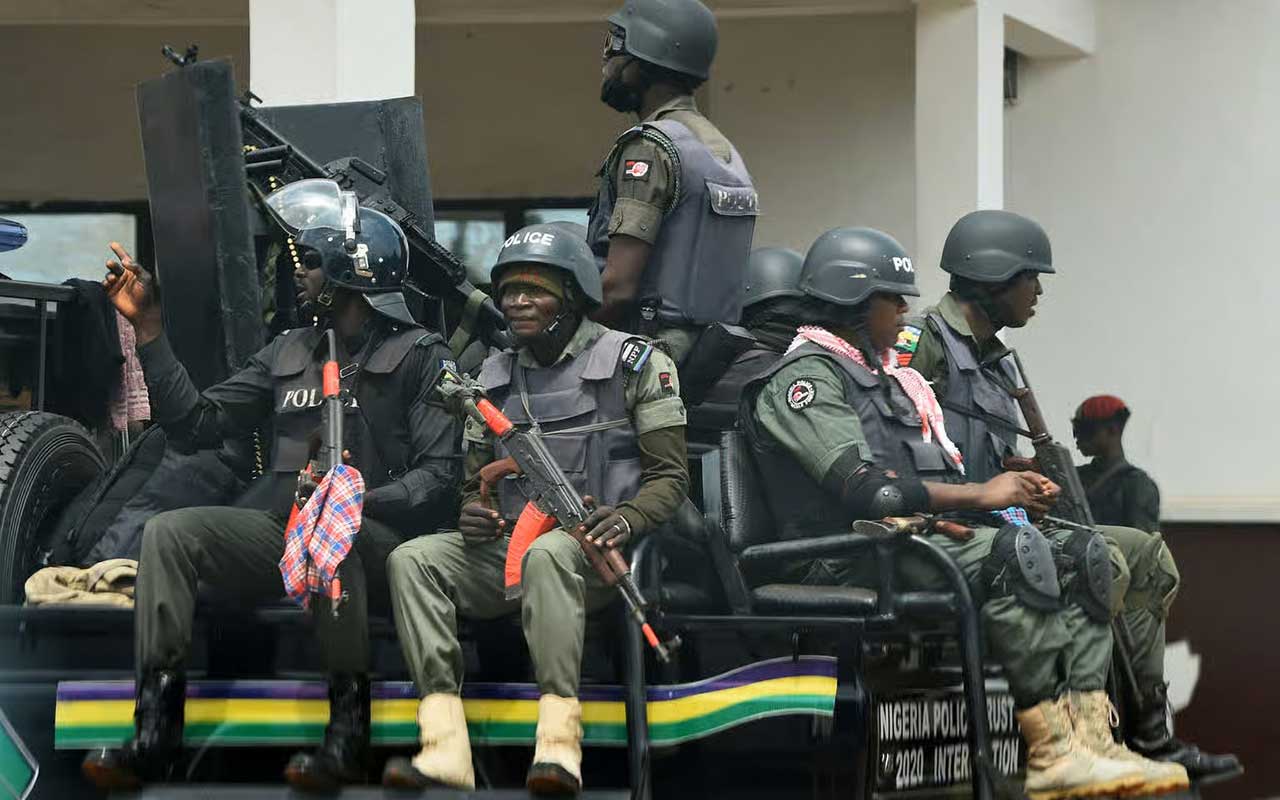
Godwin Sogolo, emeritus professor of philosophy called to fault the logic of over generalization in my write-up. His point was that ASUU does not approximate the academia and if a handful unionists decide to put activism above scholarship, that cannot be taken as a pervading rot in the university system. “We have very serious scholars who are working so hard to make the universities the ivory towers that they are,” he pronounced with professorial finality.
We had engaged for close to one hour on phone. But I was debating Professor Sogolo, grandmaster of logic, who is also my teacher and mentor. It was he, while on sabbatical at The African Guardian Magazine as Executive Editor, who got “convinced about my competence” and promoted me from a reporter to a staff writer, skipping being a senior reporter in 1991.
He has continued the mentorship till date. He calls to grade me every Sunday after reading my column. It has been good overall, but on few occasions, like the case last week, we would spend good time advancing opposing views on the same subject matter. He is a purist. If I slipped and crossed tenses or committed such other textual infractions that were more mechanical than structural, he would draw my attention and then advise me against “committing small, small errors that could affect the quality of my writing.” I would say, “yes sir” and we would then move to the point.
And the next point, almost on a weekly basis, is my returning to the classroom to earn a doctorate degree. He has even offered severally to pay for the form for me. But that is outside the point. I have told him that I do not have the patience to drive at a doctorate degree for 10 years in a university in Nigeria, not on account of my inadequacy, but mainly due to a system that has made learning punitive and burdensome. The only way around this is to break off for a while and move offshore to earn a PhD within normal or even record time and return. The cost of this in cash and time is not part of the things in my short to medium term plans.
Prof Sogolo has always played down this point. He would nicely add that I would not be affected by such delays because my capacity to run the programme would be manifest. That is a fine assessment to fire my interest. But you see, another serving professor may do the same assessment and it would become ugly enough to keep me on a PhD programme for a decade. It is not about individuals; it is about a system, which requires dynamism and accountability in a world that recognizes the same baseline – meritocracy as opposed to mediocrity.
In our engagement last Sunday, I mentioned this to Prof as part of the public perception of the university system in Nigeria. It is a point that ASUU or the silent majority he is talking about must address quickly. Due to either bad strategy or convoluted vision, ASUU has muddled up the fundamental objectives of its struggles by drawing more attention to itself (as if the entire university system is all about the welfare of academic staff) than it is drawing to the copious fault lines in a system that is outdated on almost all parameters.
For instance, there is the much weightier issue of re-inventing the university curriculum to align instruction with production, such that products of the system would become value addition instead of value affliction to the world outside. Methodology has remained static. For effectiveness, there can be a partnership between the world of theory, which the university represents and the world of practice, which industry represents.
I am saying that most of the abstract postulations in business and management studies for instance, would take concrete forms if an Aliko Dangote stood in a lecture theatre to teach a class of Business Administration students. I had shared a platform at Stanford University and when it came to the topic of reviving failed businesses, CEOs that had attained such feat were sourced to present their perspectives to the class. With due respect to all accomplished scholars in journalism, who else can teach newsroom management and establish all the vividness better than an editor or news writing better than a good news editor and chief-sub?
This beautiful collaboration between theory and practice has not quite happened because ASUU is not wired to scale down to a subordinate role even when such tactical retreat is aimed at strategic long-term gains for the university system. With ASUU, it seems to be less about scholarship and so much about ego, intrigues and self-aggrandizement in the engagement process.
The written reaction came from a certain Franklyn Nlerum, who lives outside the country. Hear him:
“Dear Mr. Ogbodo, I have just read your Backlash of today on the above subject matter. From both the points of facts and argument, the article is very incisive and apt. Well done!
“The resort to strike by ASUU does not seem to be effective and yet ASUU, which is a body of intellectuals, has not deemed it necessary to evaluate and reappraise its strategy. The relevance of the University to the society in Nigeria is doubtful. The content of most programmes and the extant pedagogy in our universities make university education in Nigeria almost worthless. I have been involved in ASUU.
“Upon experiencing further studies in Canada and the United States, I realised the huge gap between the developed countries and Nigeria as regards education. In the last 6 years, I worked with a Professor of Engineering, and a leader in ASUU, who hardly made any technical contribution to our work but was steep in politicking and criticizing others. How come Professors in Nigeria cannot provide valuable consultancies to every sector of the economy? We hardly read of research findings to deal with problems of our society. The focus is on becoming Vice Chancellors. The struggle to become Vice Chancellors has turned universities into ethnic enclaves.
“I do not see ASUU acceding to the cogent and compelling propositions in your article because it will be asking their members to give what they do not have and this is contrary to the Latin maxim “nemo dat quod non habet” – no one can give what he does not have…”
That is it; almost from the horse’s mouth as they say. My purpose is to find solution and I have one to give right away. In this government as in previous ones, there are so many ASUU members. Vice President Yemi Osinbajo is one. Another is Prof Itse Sagay, who for his activism had issues at the University of Benin under Prof. Alele Williams as Vice Chancellor. There are many others enough to charter a branch of ASUU in government to be called Academic Staff Union of Universities in Government (ASUUG).
Going forward, ASUU should work through ASUUG to implement all agreements, agreeable or disagreeable, that it has reached with government over time and stop this incessant paralysis of the school system through senseless strike actions.
My good friend Dr. IK Muo of Bisi Onabajo University Ago-Iwoye, Ogun State, has also reacted. I stopped him this week because I am still talking. It is bad manners, even in ASUU to interrupt the speech of others. I have finished talking and he will talk next week. And please the floor is now open for the debate to save tertiary education in Nigeria. It is not a business to be left entirely in the hands of ASUU, which rhymes with asun, the Urhobo word for nightfall!
[ad unit=2]






